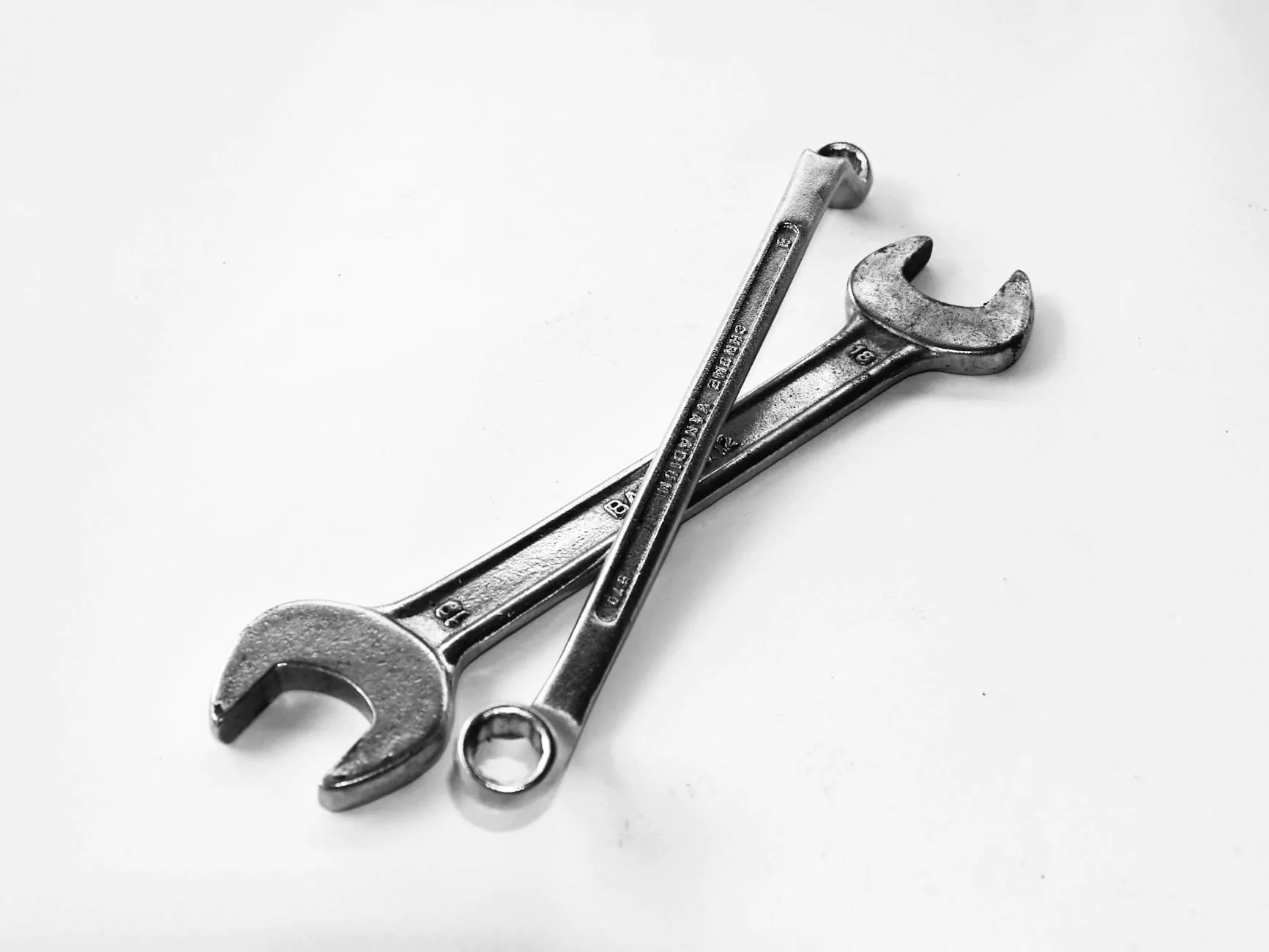Taking Care of Dental Implants: The Essential Guide

Dental implants have become a popular solution for tooth replacement, providing both functionality and aesthetic appeal. Understanding how to take care of dental implants is crucial for their longevity and your overall oral health. This comprehensive guide dives deep into the intricacies of taking care of dental implants, ensuring that your investment into your smile remains in pristine condition.
Understanding Dental Implants
Before diving into the maintenance aspects, it's important to understand what dental implants are. A dental implant is a small titanium post that is surgically placed into the jawbone to serve as a replacement root for missing teeth. It supports crowns, bridges, or dentures, offering a natural look and a robust function.
Benefits of Dental Implants
- Durability: Dental implants are designed to last many years, often a lifetime with proper care.
- Improved Oral Health: Unlike bridges, dental implants do not require the alteration of neighboring teeth, preserving the integrity of your other teeth.
- Natural Appearance: Implants look, feel, and function like your own teeth.
- Enhanced Comfort: No slipping or discomfort is experienced with implants as opposed to traditional dentures.
- Boosted Confidence: A beautiful smile can enhance your self-esteem and overall quality of life.
The Importance of Proper Care for Dental Implants
Taking care of dental implants is crucial not just for maintaining their appearance but also for avoiding complications such as infections, implant failure, and surrounding gum disease. Just like natural teeth, dental implants require regular care and attention.
Daily Oral Hygiene Routine
Establishing a daily oral hygiene routine is the cornerstone of taking care of dental implants. Here are steps to ensure your implants stay healthy:
- Brush Your Teeth Twice Daily: Use a soft-bristled toothbrush and fluoride toothpaste. Be gentle around the implant area.
- Floss Daily: Use dental floss specifically designed for implants, or consider using a floss threader to clean around the implant post.
- Use an Antimicrobial Mouthwash: This can help reduce plaque buildup and keep your gums healthy.
Regular Dental Check-ups
Frequent visits to your dentist are essential. Schedule check-ups at least every six months for thorough examinations and professional cleaning. During these appointments, your dentist can:
- Check the stability of the implant and surrounding gums.
- Identify any potential issues before they become serious.
- Provide professional cleaning to remove plaque and tartar.
Signs of Problems with Dental Implants
Being vigilant about your implant health is key. Here are some signs that may indicate a problem with your dental implants:
- Swelling or Tenderness: Persistent swelling around the implant area can indicate infection.
- Loose Implant: If the implant feels loose or shifts, contact your dentist immediately.
- Pain or Discomfort: Ongoing or increased pain can be a sign of complications.
Dietary Considerations
Your diet plays a significant role in the health of your dental implants. Here are dietary tips to support implant care:
- Choose Nutritious Foods: Focus on fruits, vegetables, lean proteins, and whole grains to promote gum health.
- Avoid Hard Foods: Be cautious with nuts, hard candies, and ice. These can damage your implants or crowns.
- Limit Sugary Snacks: Reducing sugar intake can help prevent plaque buildup and decay in surrounding teeth.
Habits to Avoid
Taking care of dental implants also means eliminating harmful habits. Avoid the following:
- Smoking: Tobacco use can severely impede healing and affect gum health.
- Teeth Grinding: If you grind your teeth, speak to your dentist about getting a nightguard.
- Using Your Teeth as Tools: Never use your teeth to open packages or bottles.
Taking Care of Dental Implants: Special Considerations
Certain factors require special attention when taking care of dental implants:
For New Implants
After the surgical placement of the implants, it's vital to follow your dentist's post-operative care instructions. This may include:
- Using ice packs to reduce swelling.
- Taking prescribed medications as directed.
- Avoiding strenuous activities for a specific duration.
Long-term Care
Once your implants have healed, long-term care is necessary. This includes maintaining your oral hygiene routine, keeping regular dental check-ups, and adjusting your routine based on your dentist's recommendations.
Advanced Techniques for Dental Implant Maintenance
Beyond basic care, consider incorporating advanced techniques for maintaining your dental implants:
Water Flossers
Using a water flosser can effectively remove plaque around your dental implants without the harshness of traditional flossing.
Implant-Specific Cleaning Devices
Explore devices that are designed specifically for cleaning dental implants. These tools can help navigate the unique contours of your implants.
Understanding Implant Longevity
On average, with proper care, dental implants can last 10 to 15 years, or even longer. Factors influencing their longevity include:
- Quality of the Implant: Higher quality materials result in more durable implants.
- Healthcare Regimen: Rigorous adherence to care instructions is crucial.
- Individual Health: Conditions like diabetes can affect implant stability and healing.
Expert Opinions on Taking Care of Dental Implants
Dental professionals emphasize the importance of personalized care routines that suit individual needs. Collaborating with your dentist to design a unique plan based on your situation is essential for optimal results. High-quality professional advice can make a significant difference in the long-term success of your implants.
Conclusion
Taking care of dental implants involves consistent and mindful practices that encompass dietary choices, daily oral hygiene, and regular professional visits. Understanding the nuances of dental implant maintenance can significantly enhance the longevity and effectiveness of your dental care. At 92 Dental, we are committed to helping you achieve a healthy and radiant smile. Prioritizing your oral health today ensures a brighter, healthier tomorrow. Remember, a proactive approach in taking care of dental implants is the key to sustaining their functionality and appearance for years to come.








